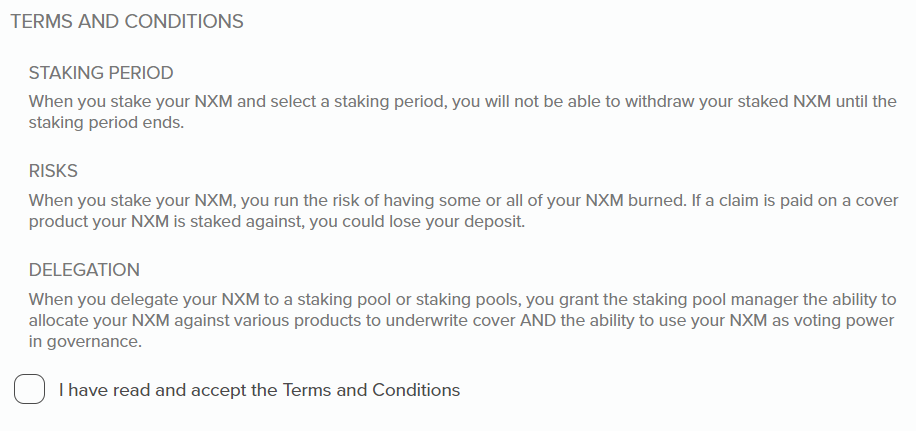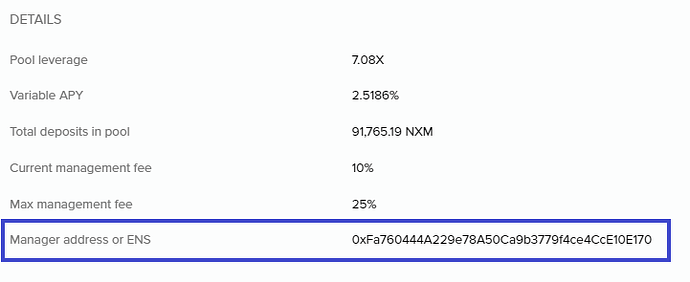Summary
Dealing with voter fatigue and finding the right onboarding incentives are points of struggle for every DAO. The fact that DAOs do not have any information on their non-participating members makes the puzzle harder. DeepDAO believes that it is possible to understand $NXM token holders down to their interest categories and activity patterns to point toward measures to improve voter participation.
We propose conducting a data-based segmentation of $NXM token holders to find out the largest segments of non-voters, voters with decaying participation scores, etc. to point toward the right onboarding steps/incentives for them.
Rationale
Governance activity in different DAOs provides valuable insights into the characteristics and preferences of wallet holders. It serves as a window into their interests, motivations, and potential contributions.
For example, taking a closer look at 0xjean.eth, we observe a strong inclination towards identity products(from participation in DAOs like Proof of Humanity, Sismo, etc.) and Public Goods (from participation in DAOs like UBI DAO, Gitcoin, etc). This presents an opportunity for any other DAO 0xjean.eth is a member of to leverage this interest by introducing DAO participation badges or an initiative focused on public goods.
Similarly, we can identify other categories of mass interest and introduce new initiatives to the DAO. For instance, let’s consider the scenario where out of the 4k+ $NXM holders, we identify 100s of individuals highly interested in public goods, education and research, identity solutions, media and communications. With this information, Nexus Mutual DAO can establish four sub-DAOs or guilds, each with a yearly budget, to advance the DAO’s mission in these specific areas.
Note that we aren’t directly incentivizing governance participation but trying to introduce genuine initiatives that make participation more attractive and more useful to a wider audience.
Specification
Methodology
At a high level, this analysis consists of these main tasks:
(1) DeepDAO provides a DAO-profile for each $NXM holder. However, before proceeding with this analysis, we will perform extensive quality assurance to ensure that every $NXM holder is accurately represented, and their activities are aggregated as comprehensively as possible.
(2) The interest categories of participants differ greatly among DAOs. To factor this in, we’ll sort the set of token holders by their DAO participation scores and take the top n’k addresses to manually find out several interest categories that best segment them. These categories will be utilized to segment the top m’k addresses (m>n) in order to confirm that we have the most actionable and specific categories representing $NXM holders. We will repeat these steps until we discover satisfactory interest categories after which we’ll classify the 4k+ NXM holders into these buckets.
(3) We will employ a similar methodology as described above to determine the optimal activity categories that segment $NXM holders.
(4) Clean the lists above to label bots and potentially malicious actors: our research identified vote miners’ activity across the DAO ecosystem.
(5) Based on DeepDAO’s domain expertise in Web3 and governance, work with Nexus Mutual’s community and growth staff to define the right incentives / onboarding steps for each segmented group.
- Some examples of interest labels are: NFTs, DeFi, Investments, Gaming, gig work, public goods, identity solutions, labels based on governance app etc. “Interest” is defined as membership or activity in a DAO category over a threshold.
** Some examples of activity labels are: persistent voter, long-term dormant address, non-voter, an address that used to participate, an address that is getting less interested in participating over time, etc.
Data & Metrics
The data we’ll be using for this analysis can include:
-
Nexus Mutual governance data (Snapshot)
-
DAO profiles of all $NXM holders which include:
- A DAO score based on the volume and time-period of their DAO activity, along with a rank (among the other 6.8M+ profiles on DeepDAO)
- Granular governance data, including their votes and proposal history, across the DAO ecosystem, spanning multiple governance frameworks and blockchains.
- Their delegation data (as a delegator & delegate, on multiple DAOs across Snapshot and Governor.)
- Their participation data across multiple DAO categories (DeepDAO categorizes over 1000 DAOs into 13 categories, more than any other DAO data aggregator)
- Their participation in airdrop mining and other unorthodox activities.
- Other data from DeepDAO API to check for effect of voting coalitions, predicted governance activity, trends (for eg, how treasury trends correlated with the community’s engagement in the DAO), etc.
Deliverables
-
A report with analysis of all governance participants of Nexus Mutual, and non-active $NXM holders. This will answer questions like who are the primary participants, which are the largest segments of active, and inactive participants, which segments have the highest attrition / retention, etc.
-
A CSV file with all $NXM token holders and their category interests, as reflected by the DAOs they vote in.
-
An action plan report, to understand the best strategies for optimizing DAO participation, based on our findings and incorporating suggestions from Nexus Mutual DAO through brainstorming sessions.
Milestones
Milestone 1:
DeepDAO dives deeper into $NXM holders and finalizes the optimal labels & interest categories.
Time required: 4 weeks from the start of the project
Milestone 2:
DeepDAO hands over deliverables (1), (2) & (3)
Time required: 4 weeks from Milestone 1 completion
Funding
We request a total grant funding of $15,000 with the following breakdown: 33% ($5,000) after Milestone 1 and the remaining 67% ($10,000) after Milestone 2.
The payments can be made in fiat currency or any liquid tokens like ETH, USDC, DAI, etc.
About DeepDAO
DeepDAO is the #1 discovery and analytics engine for the DAO ecosystem. We aggregate, list, and analyze financial and governance data for over 12.5k DAOs and millions of governance token holders, and voters, across different chains and governance platforms. DeepDAO is widely recognized in the ecosystem, and media as the go-to source for data about DAOs.

